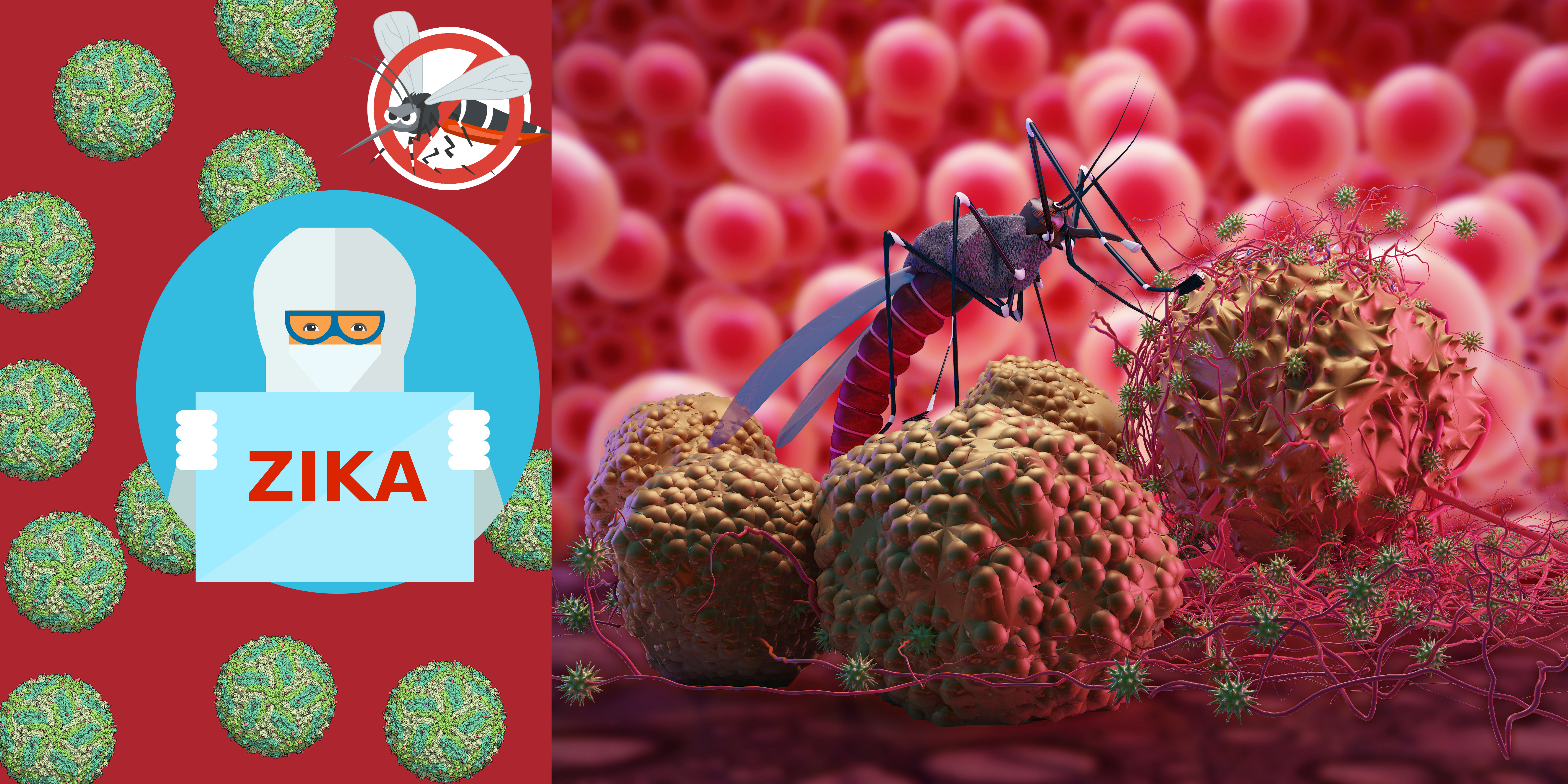Introduction
The Zika virus, a mosquito-borne disease, has recently seen a resurgence in India, raising public health concerns. This blog provides an overview of the current situation, symptoms, and preventive measures to help you stay informed and protected.
Recent Cases and Transmission
Several states in India have reported new cases of Zika virus infection in 2024:
- Pune, Maharashtra: Six cases were reported, including two pregnant women. The health conditions of the patients are stable, and they are under medical supervision (India Today).
- Kerala: After the initial outbreak in 2021, Kerala continues to monitor and manage sporadic cases with heightened surveillance and public health measures (World Health Organization (WHO)).
- Other States: New cases have also been reported in states like Uttar Pradesh, indicating a broader spread of the virus within the country (Hindustan Times).
Symptoms of Zika Virus
The Zika virus infection typically presents with mild symptoms that can last from a few days to a week:
- Mild fever
- Rash
- Joint and muscle pain
- Headaches
- Conjunctivitis (red eyes)
While the infection is generally mild, it poses significant risks to pregnant women. The virus can cause severe birth defects such as microcephaly and other neurological conditions known as congenital Zika syndrome in the fetus (World Health Organization (WHO)) (India Today).
Preventive Measures
Preventing Zika virus infection involves taking steps to avoid mosquito bites and reducing mosquito breeding sites:
- Use Insect Repellents: Apply repellents containing DEET, picaridin, or oil of lemon eucalyptus.
- Wear Protective Clothing: Opt for long-sleeved shirts and long pants.
- Maintain Secure Living Spaces: Use air conditioning, window, and door screens to keep mosquitoes out.
- Use Mosquito Nets: Sleep under mosquito nets, especially in areas without screened rooms.
- Eliminate Standing Water: Remove standing water in containers around your home to prevent mosquito breeding.
- Practice Safe Sex: Use condoms or abstain from sex to prevent sexual transmission of the virus.
The Kerala Health Department has been proactive in its response by enhancing surveillance, conducting public awareness campaigns, and implementing mosquito control measures such as fogging and spraying insecticides (World Health Organization (WHO)) (India Today).
Public Health Response
Health authorities in India are taking comprehensive measures to control the spread of the Zika virus:
- Surveillance and Monitoring: Active case finding and monitoring of pregnant women.
- Public Awareness: Educating communities about the risks and preventive measures.
- Mosquito Control: Fogging, spraying insecticides, and eliminating breeding sites.
These efforts are crucial in managing the outbreak and protecting vulnerable populations from the severe effects of the virus (World Health Organization (WHO)) (India Today).
Conclusion
The resurgence of the Zika virus in India highlights the importance of public awareness and preventive measures. By staying informed and taking necessary precautions, individuals can protect themselves and their families from this potentially severe infection. Stay updated with local health advisories and follow recommended guidelines to help control the spread of the Zika virus.
For more detailed and updated information, visit the World Health Organization’s Zika Virus Disease page and stay tuned to local health department updates.

